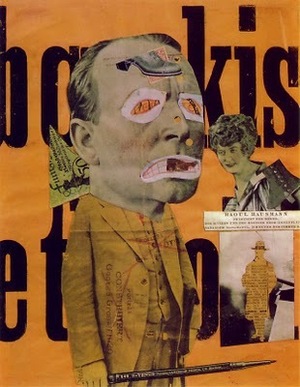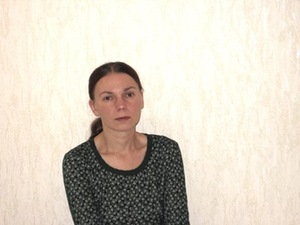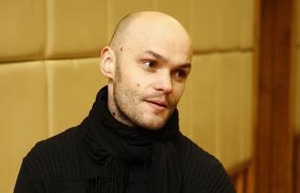ABOUT THEATRE AND CRITIQUE: CRITICALLY (II) 1
Read the first part of the discussion HERE
In brief: In the second part of the article the theatre critic Rasa Vasinauskaitė and the director Agnius Jankevičius share their thoughts about theatre and criticism.
Theatre critic Rasa Vasinauskaitė
“A theatre critic knows the theatre context, analyses performances and at the same time registers his/her empiric experience. Meanwhile, theatre studies encompass a much bigger field of activity and thought. Today theatre studies are not only theatre criticism, theory and history but also theatre philosophy, literature, much deeper cognition of theatre and the ability to orient oneself and evaluate a very diverse theatre world. Theatre is not the same as it was earlier. There is more movement, view, media, fine arts and performance art in it.”
“The task of a critic is to analyse, no matter how drearily it may sound. Still, the analysis should not be narrow – all knowledge should be used for it as art is also born from analysis. Similarly to the creator who stages a performance and thinks what he wants to say, for what, how and why, the same questions should be answered by a critic in his/her critique."
Director Agnius Jankevičius
“I do read critique – the title and the first paragraph. Then I decide whether I will go on reading. (…) A text should interest the reader. I feel at once whether it will be empty words or moans and then I don’t read the text. To tell the truth, critique seems completely identical to me. The same moaning may be found in all reviews: it is bad here, it is good elsewhere, something should be done but nobody does it.”
“Older critique differs from what is written now. I remember myself reading Literatūra ir Menas, 7 Meno Dienos or Kultūros Barai when I was a student and I knew then when I saw a text that I would really find critique of a performance. Now it seems that everybody wants to philosophise having in mind the performance. This could be called real narcissism. Today it is exposition of oneself, declaration of what one sees but not cognition. I miss this process.”
“I understand that criticism is a very Don Quixote-like work. Still, critics should come to the public somehow, show themselves so that people would understand that it is also part of theatre in the wide meaning.”



